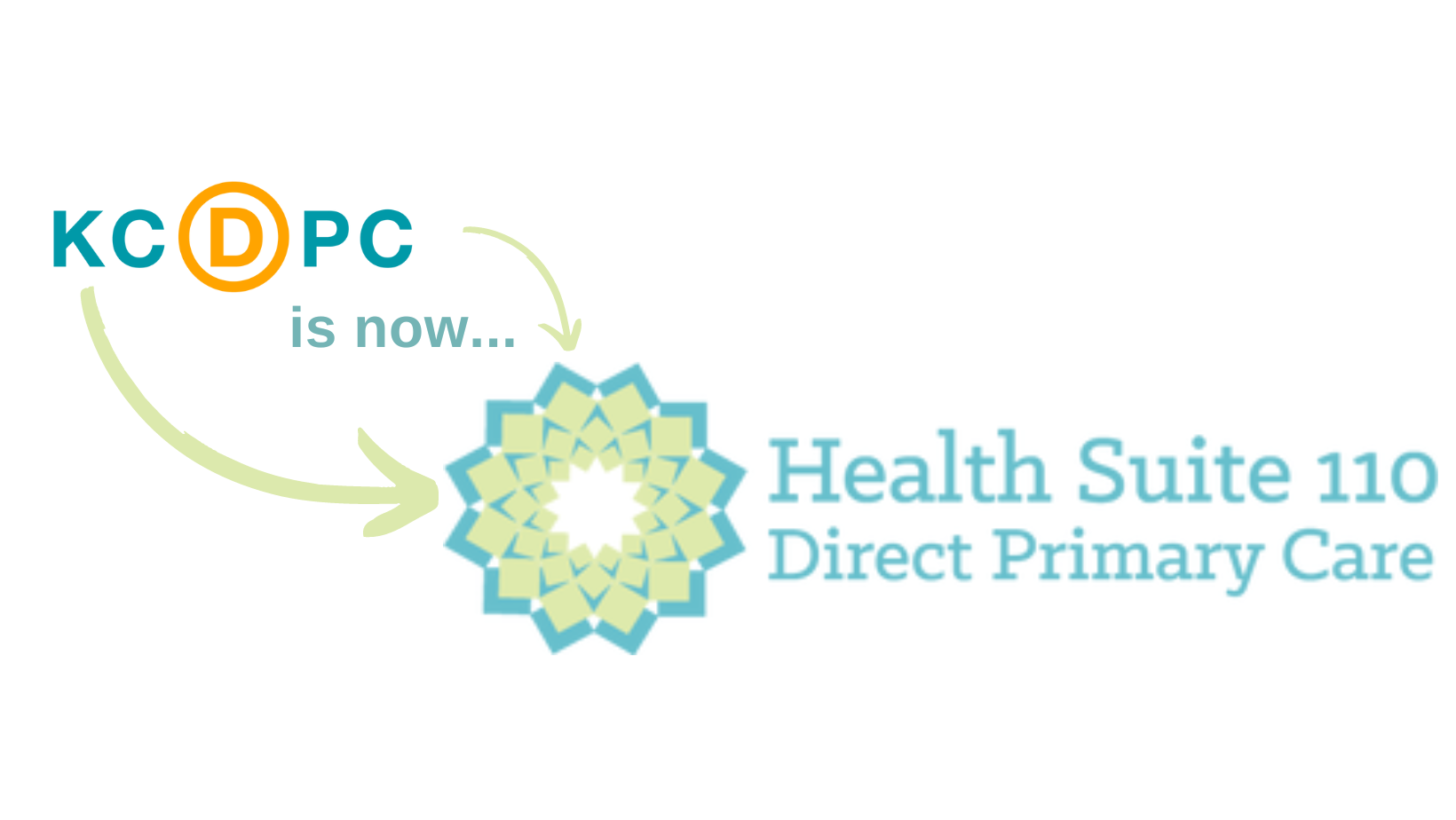Hello! This is Dr. Hazen Short here with some updates to our COVID-19 information. Dr. Allison Edwards has a great blog from June, and much of the information in it is still up to date, but I wanted to add some new data as it has emerged.
PCR testing
- This is the test that tells you if you are currently infected with COVID-19.
- It is highly accurate, with a study from Singapore that found 88.9% of cases are detected on a single swab, 95.7% of cases are detected by two swabs, and 100% of cases are detected with 3 swabs. The reason for this may be due to false negative, inadequate swab technique, or that some are tested before the virus is detectable.
- The most accurate time for testing is the days immediately following symptom onset.
- A meta-analysis of 7 studies on PCR testing found a false negative rate of 20%, which is a fairly normal rate in viral respiratory testing.
- This may sound high, and not to get too technical, a false negative rate of 20% must be put into the context of the community prevalence. If we assume 5% of the population has COVID-19, the negative predictive value (or the probability that a negative test means a patient DOES NOT have COVID-19) of a test with a 20% false negative rate is 98.9%.
- All that is to say is that if you got a negative COVID-19 PCR it is ~99% likely you do not have COVID-19, even with a 20% false negative rate.
- The blog from June 17 talks about where you can access COVID testing.
Antibody testing
- Antibody testing will theoretically allow us to identify patients who have been previously infected with COVID-19.
- There is insufficient evidence at this time to determine whether having a positive antibody test means that a person is immune from re-infection, or how long the immunity may last.
- The market is flooded with these tests, and many are not accurate and may detect antibodies to other coronaviruses like the common cold.
- It takes about 20 days for the immune system to produce detectable antibodies.
- Due to the lack of data on quality/accuracy — and that even if a test is accurate, we do not know if it indicates immunity — I do not recommend antibody testing at this time.
Vaccine update
- There are over 150 vaccines in development!
- There are 2 coronavirus vaccines used in agriculture in cows and in bird species, so there should not be a biological constraint in making an effective human vaccine.
- The accelerated vaccine schedule is not compromising safety, vaccines still must pass the most rigorous safety standards. Vaccines are held to a higher safety standard than therapeutic medications, as vaccines are given to healthy people therefore the risk of adverse effects must be infinitesimal.
- The reason these vaccines are able to develop so quickly is that the financial risk has been removed by the US government subsidizing the manufacturers with billions of dollars. Taking away the financial risk allows the manufacturer to scale the vaccine for trials without worrying about going broke if the vaccine is a flop.
- There are a few promising vaccines, notably the Oxford vaccine, that so far seem to be safe and produce a detectable antibody response.
- We do not know yet if it will actually provide immunity (similar to the issue above on antibody testing – just because antibodies can be detected doesn’t mean those antibodies are neutralizing aka give you immunity). Stay tuned.
Quick Tidbits
- Young people aged 18-25 that smoke cigarettes or vape have a 33% chance of severe complications of COVID-19 infection!
- If you have symptoms of COVID-19 after exposure to a known confirmed case, please contact that person so they can relay your information to a contact tracer.
- You are very unlikely to be contagious after 14 days *from symptoms onset*. So if you have had COVID-19 symptoms and were not tested, it is ok to end quarantine after this time.
As before, we encourage you to avoid large gatherings, practice good hand hygiene, and wear a mask when going into public. Many countries around the world have had much better success in preventing the spread, mainly because they are doing a better job at these simple yet effective measures.
Please email us if you have any follow up questions on these topics or other issues that I did not cover.
Hazen Short, MD

Thank you for taking the time to explain in laymen’s talk so we (that are not in the medical field), know what you are saying. You, like your Dad, have a love for your patients and a passion for medicine! God bless you as your future unfolds! MH
If you have it, but don’t know you have it, what are the chances of spreading it to someone else
Hi Nadine! That’s so hard to say — the data is continuing to evolve every day. The best way to cut down on that risk is to wash or sanitize hands, avoid touching your face, and use a mask.
Thank you very much for this information.